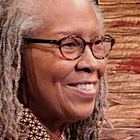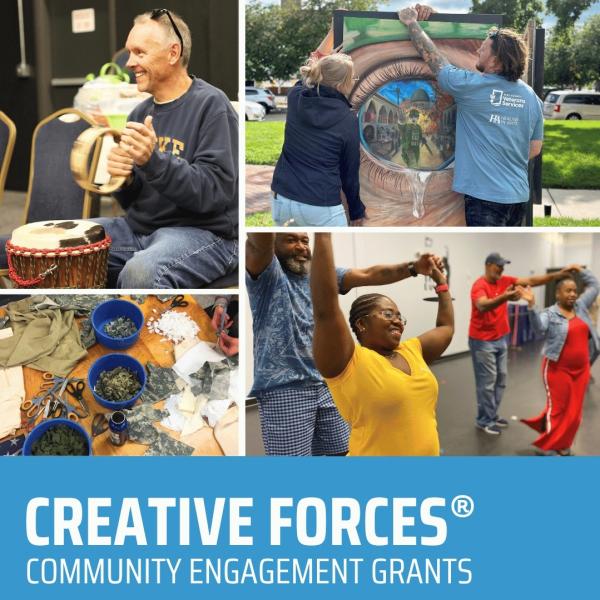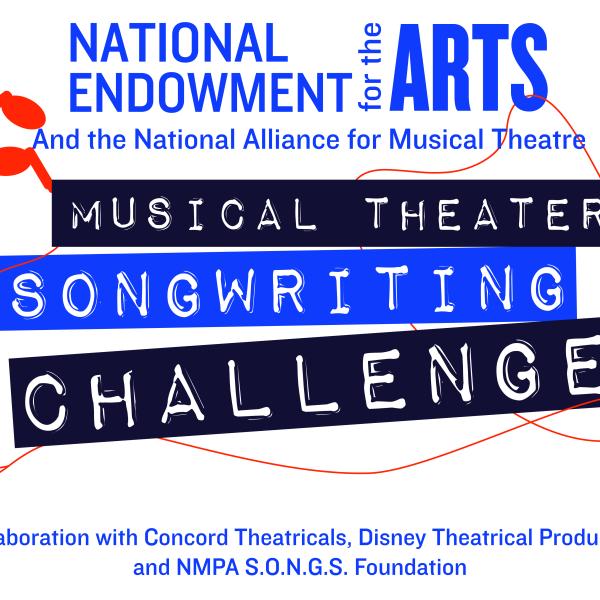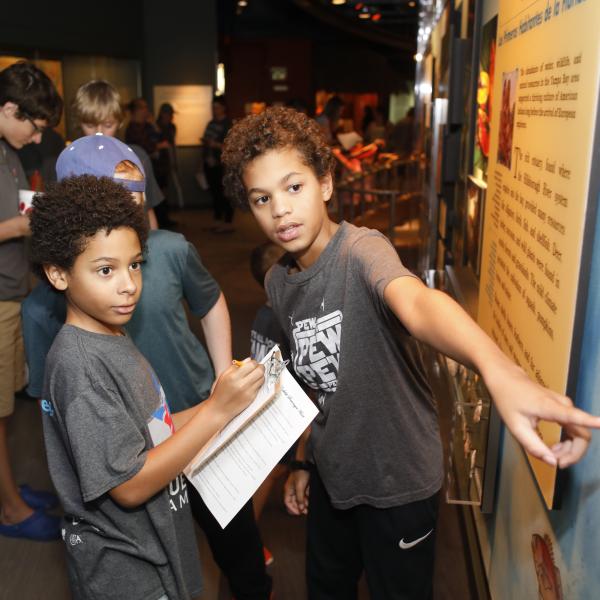National Endowment for the Arts Statement on the Death of NEA National Heritage Fellow Marion Coleman
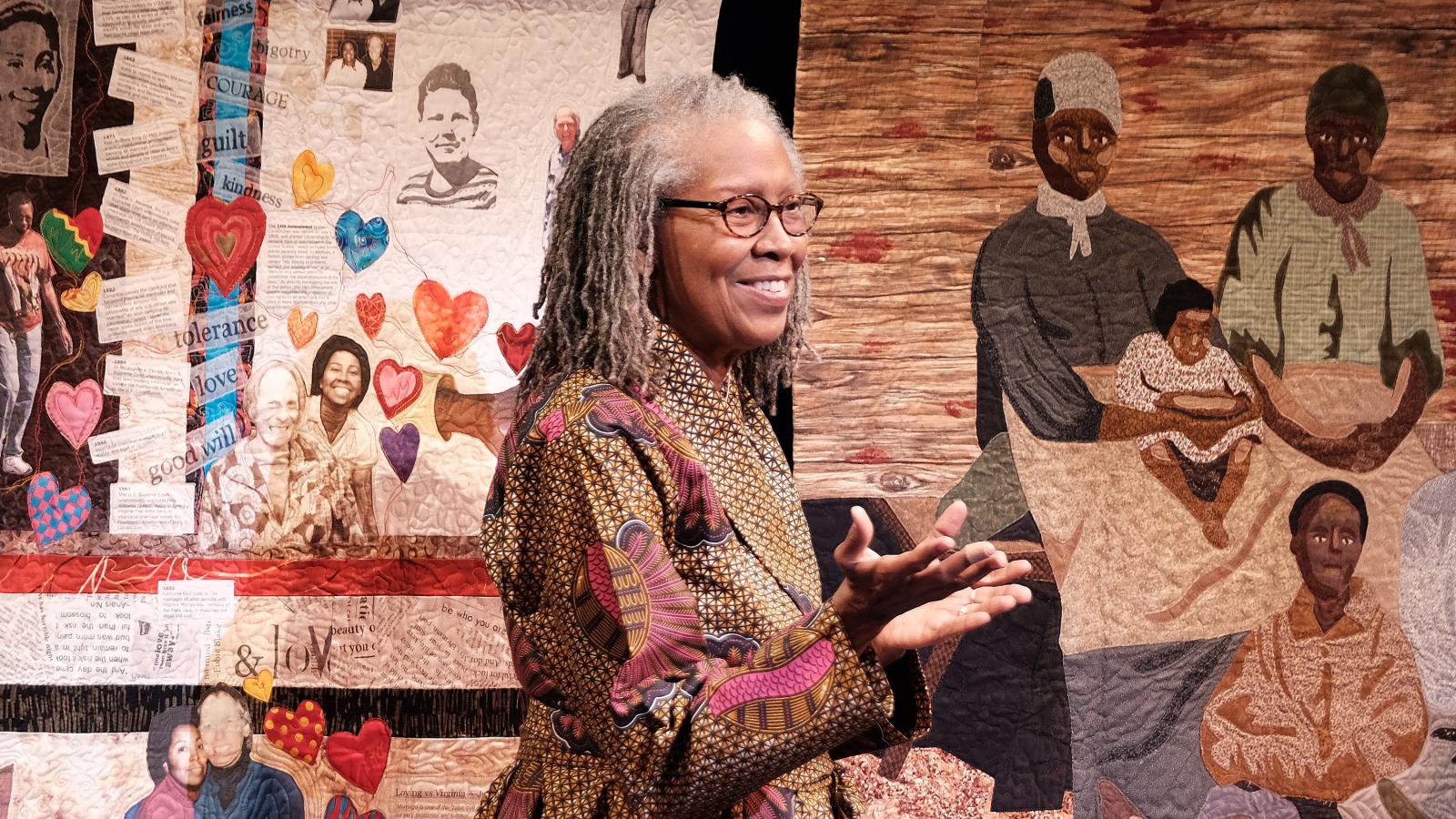
It is with great sadness that the National Endowment for the Arts acknowledges the death of African-American quilter Marion Coleman, from Castro Valley, California, recipient of a 2018 NEA National Heritage Fellowship—the nation’s highest honor in the folk and traditional arts.
Coleman grew up in a family of quiltmakers: she was raised by her grandmother, who taught her how to sew, crochet, and quilt, and her maternal great grandmother and great aunts were all prolific quiltmakers. Coleman became reconnected with quiltmaking in the 1980s, inspired by her great aunt, Corine Porter Miller, who was 101 years old and still making quilts.
In a bio written for the Arts Endowment by Carolyn Mazloomi, 2014 Bess Lomax Hawes National Heritage Fellow and founder of the Women of Color Quilters Network, she describes how Coleman took what she learned and made it her own: “Although her early quilts were steeped in traditional African-American quilt techniques, Coleman’s quilts stood out differently because of her unorthodox use of materials such as paint, plastic, beads, garments, paper, buttons, and recycled fabric, and the use of extensive machine stitching. As her interest in quiltmaking grew, she learned new techniques and technology—the introduction of digital technology, the ability to transfer photo imagery to fabric, and access to the internet were especially important to her. These images on fabric were soon found in her quilt compositions. The new techniques, combined with the traditional skills taught to her by her grandmother and great aunt, were utilized to create thought-provoking narratives depicting a wide range of subjects, including African-American history and culture, social justice, and women and aging.”
Coleman exhibited her quilts both nationally and internationally while also using her background working in social services to provide community art education in schools, libraries, community organizations, and juvenile justice centers. She was a teaching artist with the Alameda County Arts Commission and she taught quiltmaking for three years to incarcerated youth at Alameda County Juvenile Justice Center. She also worked with the Minerva Project, where boys and girls looked at positive traits about themselves and family members to make quilts.
In a 2018 podcast with the NEA, Coleman talked about the lessons she was trying to teach the youth that she worked with: “Well, I want them to know that they can be creative, that they can make mistakes and it’s still okay. Everything is a journey. You know that you can try this, explore it, keep going if it didn’t turn out. If it didn’t turn out the way you want it, make it over. You know you have another chance. So it’s okay to make mistakes, because we learn from our mistakes. Everything is not smooth and it’s richer actually when you have some ups and downs, because it gives you something to reflect upon in how you would change it.”
For more information on Marion Coleman, including a podcast and video, visit arts.gov.
Contact
NEA Public Affairs, publicaffairs@arts.gov, 202-682-5570


